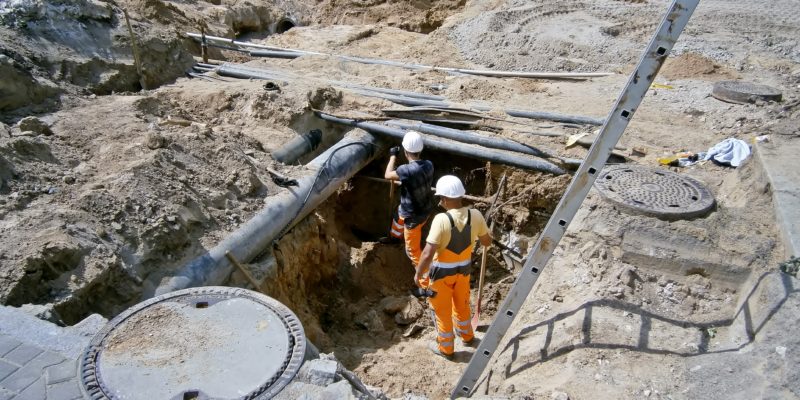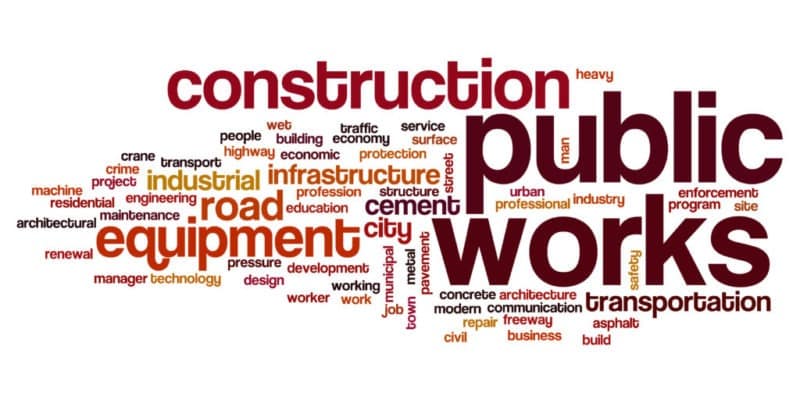MAY 18, 2019
Radio.com
CHICAGO (WBBM NEWSRADIO) — It’s finally here — a proposed $41.5 billion public works plan called Rebuild Illinois.
Gov. JB Pritzker’s office presented it to lawmakers Friday. If enacted, it would be the first capital construction plan for the state in a decade.
Mike Sturino, president and CEO of the Illinois Road and Transportation Builders Association, says the construction proposed is a 70-30 split between horizontal (roads and bridges) and vertical (buildings).
…
In an e-mailed statement, the governor’s spokeswoman, Jordan Abudayyeh, said:
“As a result of working group sessions with lawmakers on both sides of the aisle from both chambers of the general assembly, the administration is working on a preliminary draft of a comprehensive capital plan that will put 540,000 Illinoisans back to work and finally fix our crumbling infrastructure. The administration looks forward to continuing to engaging in productive conversations before the proposal is finalized.”
In an e-mailed statement, Senate Minority Leader Bill Brady of Bloomington said:










